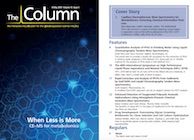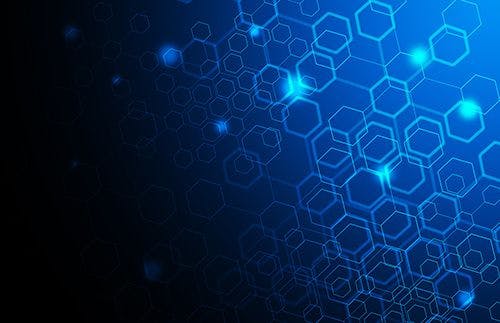Markes Receives Two Queen's Awards
Markes International has been awarded two Queen’s Awards for Enterprise in the categories of “innovation” and “international trade”.
Markes International (Llantrisant, Wales, UK) has been awarded two Queen’s Awards for Enterprise in the categories of “innovation” and “international trade”. The awards stemmed from Markes’ new valving technology, which is incorporated into all its thermal desorption instruments, as well as its continued growth in overseas trade.
The switch-valve that is the subject of the innovation award was developed and patented by the company and allows routine monitoring of a wide range of volatile and semivolatile organic compounds, by virtue of its tolerance of temperature extremes, small size, quick operation, and construction from inert materials.
“Precise, reproducible control of gas flows is vital for the successful operation of any thermal desorption instrument,” said Alun Cole, Founding Director of Markes International.
This is the second time Markes has been awarded a Queen’s Award for “international trade”; they received their first in
2015.
“Looking back at the 20 years Markes has been in business, it’s fair to say that innovations have been central to our achievements. We always have been, and continue to be, an innovative company, and are therefore very proud to have received these Queen’s Awards. These stand as testament to our excellence in analytical chemistry-both in our technical innovation, as well as our success in satisfying our customers globally,” said Cole.
For more information, please visit: www.markes.com

Regulatory Deadlines and Supply Chain Challenges Take Center Stage in Nitrosamine Discussion
April 10th 2025During an LCGC International peer exchange, Aloka Srinivasan, Mayank Bhanti, and Amber Burch discussed the regulatory deadlines and supply chain challenges that come with nitrosamine analysis.













